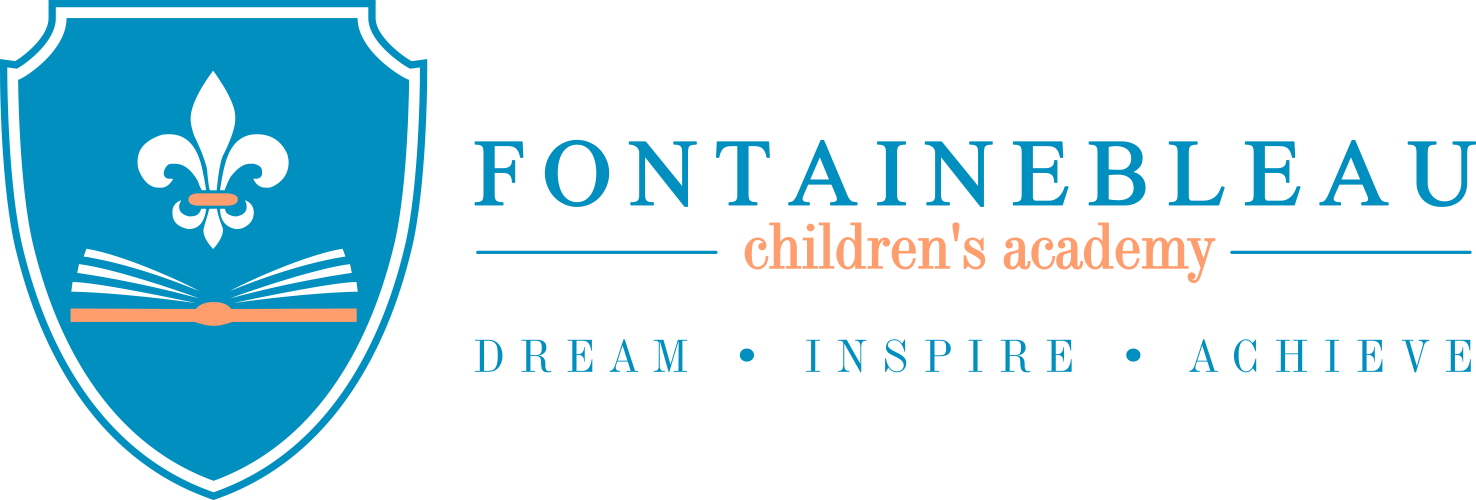Keep the Brain Growing: Simple Summer Learning Activities for Kids
Summer doesn't mean learning has to stop-it just shifts shape. Through fun, meaningful, and intentional summer learning activities, children can continue to build cognitive, motor, and emotional skills in ways that feel natural and engaging. At Fontainebleau Children's Academy, we encourage families to see summer as a chance to create joyful moments that also support long-term development.
Why Summer Learning Matters:
The "summer slide" is a well-documented decline in academic skills during long breaks. Children, especially in early childhood, thrive with routine and repeated exposure to concepts. When learning continues through hands-on, play-based activities, it helps reinforce neural pathways related to memory, problem-solving, and language processing.
Learning Modalities Engaged:
- Kinesthetic: Building, crafting, and moving
- Auditory: Listening to music, reading aloud
- Visual: Coloring, picture books, matching games
Activity Ideas to Try at Home:
- Create a "learning corner" with puzzles, books, sensory bins, and art materials.
- Schedule short, consistent routines-like morning storytime or afternoon math play.
- Encourage self-help skills like sorting laundry, helping cook, or organizing toys.
Brain Benefits:
- Strengthens executive function (attention, task persistence, impulse control)
- Enhances working memory through recall-based games
- Supports language acquisition via storytelling and new vocabulary
Social-Emotional Benefits:
- Builds confidence through skill mastery
- Encourages independence and responsibility
- Fosters connection through shared family learning experiences
Final Thoughts:
Everyday routines are full of teachable moments. By intentionally integrating educational summer activities, families can support their child's whole development-without sacrificing fun or freedom.




